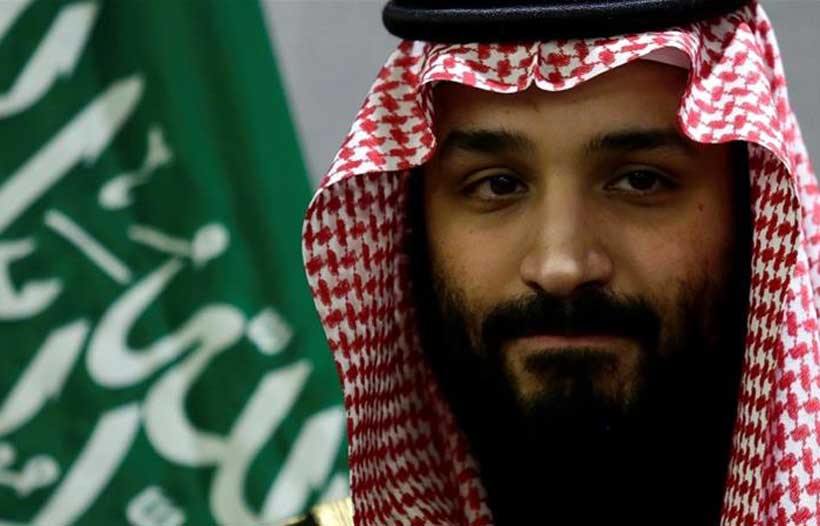The two prominent Muslim countries: Saudi Arabia and Turkey have had an undulating relationship over the course of decades and despite of the geographical and religious proximity, the two have rarely been on the same page. Recent tide over the relation is an outcry by the Saudi Chambers of Commerce to ‘Boycott everything Turkish’. Allegedly the boycott spans over a wide range: level of investment in the country, tourism interchange and even the imports are to be curbed. This was deemed as a “moral responsibility” of every Saudi citizen against the nation’s enemies; as per the statement of Saudi’s Chamber of Commerce head Ajlan Al Ajlan.
The duo have taken opposing sides for decades, especially when it narrows down to regional conflicts. The history relays strong relations between the two Sunni-majority Muslim countries, however, with polar position in the Syrian crisis followed by a blood-ridden civil war, the relations never recovered to a modest degree. The Saudi Kingdom, under the premiership of Muhammad Bin Salman, shifted its Syria policy in late 2018, seeking to normalize Assad’s regime while Turkey continued to support the opposing forces. Meanwhile, in Libya, Riyadh aided warlord Khalifa Haftar, while Ankara intervened to channel militarily assistance to the internationally recognized Government of National Accord (GNA).
The relations between the two Islamic nations were again triggered by the statement of Turkish president, Receb Tayyib Erdogen, accusing the Gulf nations for the instability in the region. This was the statement that incited such a hoarse reaction from the economic entity within the kingdom. The tie between the two was never a strong one but a major incident strained the relations back in 2018. The murder of Saudi citizen and a columnist of The Washington Post, Jamal Ahmed Khashoggi, back in October 2018 set all fires loose when Saudi government was outright accused of involvement in the brutal murder at Saudi Consulate. The Turkish president went as far as insinuating the involvement of crown prince, Muhammad bin Salman, in the gruesome murder. Earlier in 2017, Ankara stood as a vital support mechanism, alongside Tehran,to Doha in terms of the rudimentary facets of finance and military when Qatar was excluded and sectionalised by Saudi Arabia and its allies on account of close affiliation with rebellious groups in the region backed by Iran; accounts that were repeatedly denied by the Qatari regime.
The two Islamic republics have been at head once again ever since the recent controversial decision of UAE, Bahrain and Morocco to join hands and normalise relations with Israel came to light. Turkey and Iran, despite of the Shia-Sunni disparity, have relatively been close in ties since both have stood at odds with the foreign involvement in the region while Saudi Arabia has welcomed it with open arms. Even with the normalisation of relations with Israel, UAE and Bahrain met heavy criticism around the Muslim world but majorly championed by Iran and Turkey: former calling the move as a “Stab in the back” while the latter threatening to sever ties with the Gulf states. Both the statements were shrugged by the Saudi representatives as an ‘internal matter’ and warning the duo to refrain from interference. The Saudi position on the normalisation was clear when Israeli flights were allowed to fly through the Kingdom’s airspace en route to UAE.
The growing animosity is not novel between the duo as they have been in contrasting positions on multiple foreign policy issues and have even held starkly different positions over the islamist groups operating in the west European region. Although Saudi government officials have not confirmed the implication of the statement of its Chamber of Commerce, the signs of blooming tensions were sensed earlier this year. Even pre-Covid, the tourism dropped 17% between the countries and Turkey, being the 12th highest trade partner of the kingdom, saw a steady decline in bi-lateral trade. Albeit the externalities of the pandemic, the relations continue to deteriorate, and the signs might turn more apparent over time.
Now with Mr. Joe Biden prepared to take on the United States’ foreign policy, the Middle East would be the prime focus as per his pensive thoughts over the issues of the region. As he mentioned to ‘Reassess’ the relations with Saudi Arabia, the regard is clearly in terms of Saudi’s nefarious role in fanning the steps of Trump in the region, more specifically its involvement in the Yemen civil war and the controversial killing of the Washington Post columnist, Jamal Ahmed Khashoggi. With isolation looming and need for solid alliance for better foundations for US relations, Saudi Arabia may have started with reconciling with Qatar but Turkey is optimistically the next on the radar.


